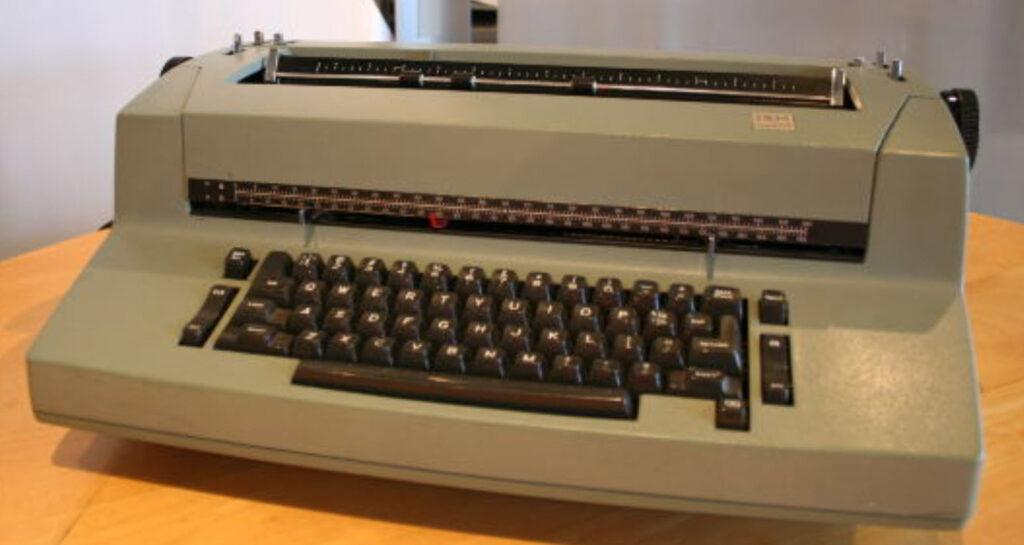Weekly Bookmarks
89th Edition – October 18, 2020
The hardest financial skill is getting the goalpost to stop moving.
Morgan Housel – The Psychology of Money
1. A Not-so-good List
Read through the list below quickly. Before reading on, guess what this list applies to:
- quit taking risks
- being inflexible
- isolating yourself
- playing the game close to the foul line
- never taking time to think
- putting all faith in experts and outside consultants
- loving bureaucracy
- sending mixed messages
- being afraid of the future
One of Buffett’s favorite books is The Ten Commandments for Business Failure (2008). The list above is from Donald Keough’s book. Is it complete?

2. Continuous Learning During COVID-19
This past week, I read where Deloitte is closing 4 of its 50 British accounting offices. But staff accountants are breathing a sigh of relief. None are being cut and will be kept through work-from-home contracts. They are fortunate to still have work.
But here’s a no-brainer recommendation. Keep learning. Commit yourself to learn 2-3 new skills over the next 3 to 9 months which you believe will have a long shelf life. Just this past week, I was visiting with a CFO who had lost his position that he had held for nearly 20 years. Never stop learning which is a currency that will keep you in demand for years to come.
3. One of the Most Addicting Books I’ve Read in Years
Non-fiction books can be really boring, right? I want my non-fiction to either be entertaining or extremely practical. How about both?
This week, I started skimming The Psychology of Money until I had to stop and slow down. By chapter 3, I was crawling where the topic is ‘just enough’ and a few stories to drive that message home.
A friend once told the author of Catch-22 at a party that a hedge fund guest who attended probably made more money in one day than Joseph Heller had made in royalties over his lifetime. Heller was unphased by stating, “Yes, but I have something he will never have … enough.”
The author goes on to argue that those who suffer from greed have no sense of enough. “Enough is not too little,” he writes.

4. Accounts Payable – Just Shoot Me, or Make Me Watch a Bridge Card Game on TV
I work with businesses generally under $50 million in revenue with a few exceptions. I feel like I’m missing out on what you guys do in big companies where AP is fully automated. It is, right?
In my world, it seems like we still process vendor invoices the way we did in 1987. But we’ve replaced the IBM Selectric with a PC.
First, getting people to change is hard. Clerks and bookkeepers have this longstanding love affair with paper. However, keep asking yourself in your company:
- How can we cut this waste in half?
- Or, how can we double our productivity?
Doubling or halving is hard if not impossible. But I promise you that changes will happen when those questions are raised at least once per year.
CFO Bookshelf Tip – if looking for ways to improve AP, do your search on the string ‘AP Automation’ and also note that the big names in this space are Stampli, Beanworks, AvidXchange, and MineralTree.

5. What is a Financial Huddle?
At your company, does the owner share the P&L with the entire staff? If not, should they? Would sharing the numbers make a difference?
This week, our newest podcast episode explores that topic with the board of directors of a company that has been practicing open book management for nearly 10 years. We also talked about company culture, goal setting, turning core values into a verb, tracking key numbers, weekly KPI sessions, and so much more.
Recent Bookmarks – 88 | 87 | 86
Thank You For Reading. Thank you for making this a successful newsletter.
If you like the content above and the posts at CFO Bookshelf, may I ask a favor? Feel free to share this with other readers along with commenting on your favorite blog posts on LinkedIn, Twitter, or Facebook.
Always be learning.
Title Photo Attribution Under this Creative Commons License

Leave a Reply